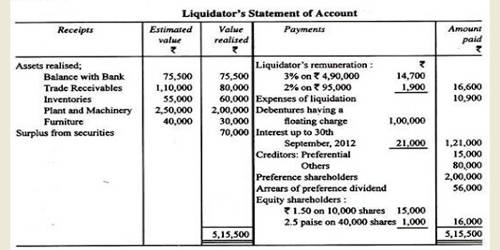Direct Tax
A direct tax is a tax paid by a person on whom it is legally imposed. It is a type of tax where the incidence and impact of taxation fall on the same entity. In direct tax, the person paying and bearing tax is the same. It is a tax that a person or organization pays directly to the government. It is the tax on income and property. In some situations, direct tax credits are also given to those who need or would benefit from decreased tax income.
Income Tax, Vehicle Tax, Expenditure Tax, Property Tax, Interest Tax, Gift Tax, Corporation tax, inheritance tax are examples of direct tax.
Such taxes are computed based on the ability of the taxpayer to pay, which means that the higher his capability of paying is, the higher his taxes are. For example, in the case of income taxation, an individual who earns more pays higher taxes. It is computed as a percentage of the total income. Corporate tax is a tax an organization pays on its profit. Property tax is a tax based on the value of a taxpayer’s property, usually real estate. With a direct tax, the government closely knows the amount to be taxed and the amount applied.
















